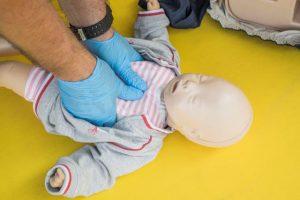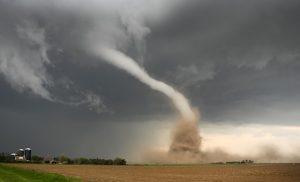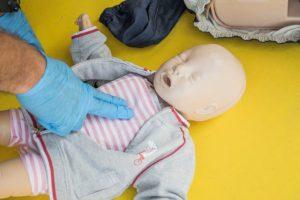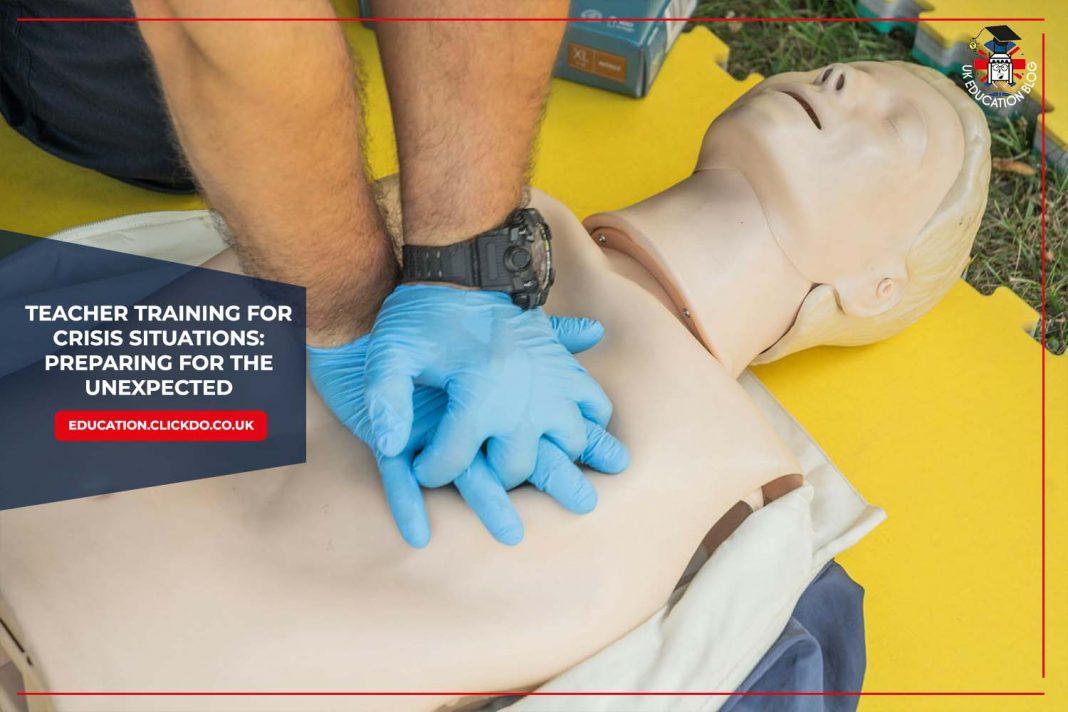In today’s world, schools face a variety of crises. From natural disasters to health emergencies and even potential threats on campus, teachers need to be ready for anything.
This has made crisis training for teachers more important than ever.
It’s not just about classroom management or lesson planning anymore – it’s about ensuring the safety of students in unpredictable situations.
Being well-prepared can make all the difference during a crisis. Here’s a look at why teacher training for emergencies is crucial and what it involves.
4 Reasons Why Crisis Training Matters

Teachers are often the first responders in school emergencies. They play a key role in keeping students calm, safe, and organized.
Here are some reasons why crisis training for teachers is important:
1. Quick Response:
In a crisis, every second counts. A teacher’s quick, informed action can save lives.
2. Confidence Under Pressure:
Proper training helps teachers remain calm and clear-headed, even when faced with panic.
3. Student Trust:
Students look to their teachers for guidance during emergencies. Being prepared helps teachers provide reassurance.
4. Reducing Risks:
With training, teachers can minimize dangers, guide evacuations, or administer first aid while waiting for professional help.
5 Essential Skills for Crisis Situations
Crisis training covers a wide range of scenarios. Here are some key skills teachers need to master:
1. Evacuation Procedures
Teachers need to know the best routes to evacuate the building quickly and safely. This includes accounting for all students and guiding them to a secure location.
2. Lockdown Drills
In situations where it’s safer to stay inside, teachers must practice lockdown drills. These drills ensure everyone knows how to secure the classroom and stay quiet until it’s safe to come out.
3. First Aid Training
First aid knowledge is crucial in schools. Whether it’s a minor injury or a more serious incident, teachers need to know how to respond. First aid training includes learning how to clean wounds, treat sprains, and recognize signs of distress.
4. CPR Certification
Cardiopulmonary resuscitation (CPR) is a life-saving technique used in emergencies like heart attacks or near-drowning. Teachers certified in CPR can act immediately when a student or colleague experiences sudden cardiac arrest. CPR certification provides confidence to intervene, increasing the chances of survival until medical professionals arrive.
5. Communication Skills
In any crisis, clear communication is vital. Teachers need to effectively communicate with students, parents, and emergency responders. Training helps them know what to say and how to say it, so no one is left in confusion.
Preparing for Natural Disasters

Natural disasters such as earthquakes, floods, and tornadoes can strike without warning. Schools need to be ready for these events.
Teachers must be trained to:
- Guide students to safe areas like under sturdy furniture or designated shelter zones.
- Perform headcounts to ensure no one is left behind.
- Use available tools, like weather radios, to stay informed during disasters.
Handling Health Emergencies
Health emergencies are another important area of focus. Teachers must be equipped to:
- Recognize signs of an allergic reaction, asthma attack, or seizure.
- Administer EpiPens or inhalers when necessary.
- Perform CPR if a student collapses due to heart problems or choking.
Schools should also have defibrillators available and ensure teachers know how to use them.
Managing Violent Threats
Unfortunately, violent threats like intruders or active shooters are real concerns in some schools. Teacher training for these situations includes:
- Lockdown Procedures: Locking doors, turning off lights, and keeping students out of sight until help arrives.
- Escape Routes: Knowing alternative exit paths if evacuation becomes necessary.
- Student Safety: Ensuring students remain calm and follow instructions, even in high-stress moments.
The Importance of Regular Drills

Crisis training doesn’t stop after a single session. Regular drills help keep these skills fresh in teachers’ minds. Schools often conduct fire drills, lockdown drills, and earthquake drills to practice responses.
Frequent practice ensures that both teachers and students are prepared for any emergency.
Collaborating with Emergency Services
Teachers should not face crises alone. Schools must partner with local emergency services like fire departments, police, and medical teams.
Emergency responders can offer valuable insights during training sessions and help conduct drills. By working together, schools and local services can ensure a smooth response when emergencies happen.
Emotional Preparedness
Handling a crisis isn’t just about practical skills. Emotional preparedness is also important.
Teachers must learn how to:
- Stay calm, even in scary situations.
- Reassure anxious or frightened students.
- Manage their own stress levels.
Training can include strategies like deep breathing or mindfulness, helping teachers maintain emotional control.
The Path Forward
Teacher training for crisis situations is essential for keeping schools safe. As new threats and challenges emerge, schools must stay proactive. Offering regular, comprehensive training ensures that teachers are ready for anything – from natural disasters to health emergencies and beyond.
It’s about more than just responding to danger. It’s about creating a safe environment where students feel secure, and teachers feel confident in their ability to protect.
When teachers are trained and prepared, everyone can breathe a little easier, knowing that they are in good hands.
Author Profile

- Editor in Chief
- Blogger and Educator by Passion | Senior Online Media & PR Strategist at ClickDo Ltd. | Contributor to many Education, Business & Lifestyle Blogs in the United Kingdom & Germany | Summer Course Student at the London School of Journalism and Course Instructor at the SeekaHost University.
Latest entries
 schoolingJanuary 23, 20265 Essential Skills for Managing Teaching Teams in Schools
schoolingJanuary 23, 20265 Essential Skills for Managing Teaching Teams in Schools Directory PostsOctober 29, 20257 Not-To-Miss UK Education Conferences in 2026
Directory PostsOctober 29, 20257 Not-To-Miss UK Education Conferences in 2026 Directory PostsOctober 16, 2025The 12 Best Online Tutoring Platforms in the UK
Directory PostsOctober 16, 2025The 12 Best Online Tutoring Platforms in the UK Directory PostsOctober 6, 2025Top 12 London Private Schools – Best Independent Schools Nearby
Directory PostsOctober 6, 2025Top 12 London Private Schools – Best Independent Schools Nearby







